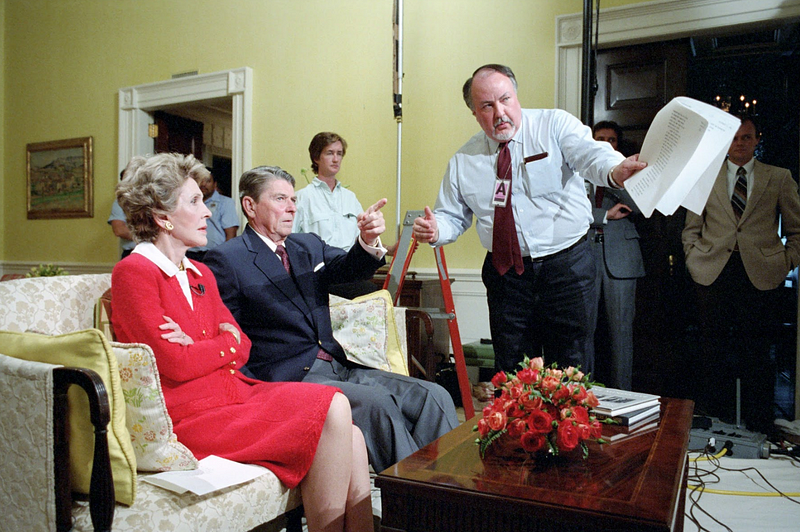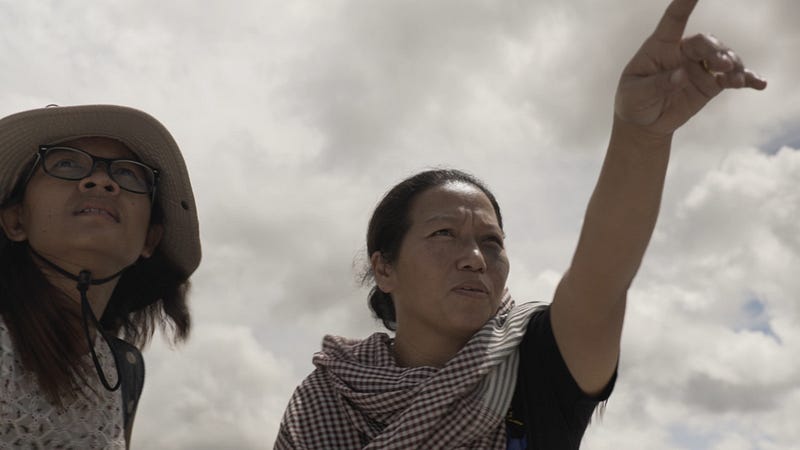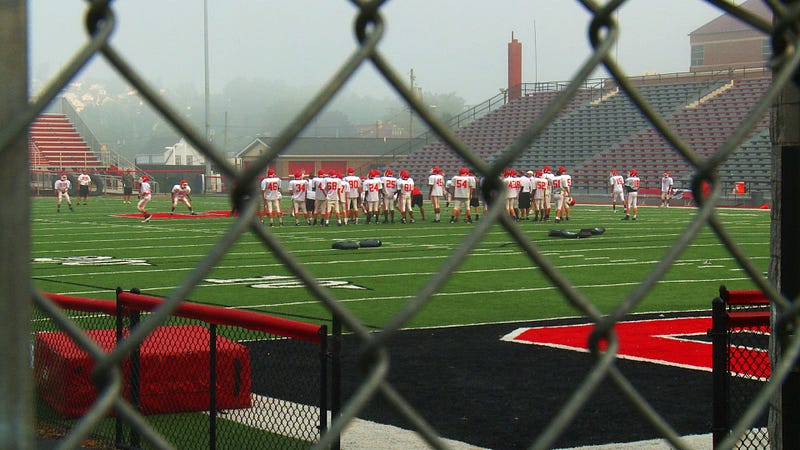Double Exposure: October 10–14, 2018
Demystifying. Exposing. Equalizing. Verifying.
By Diana Schemo, Founder and Co-director
When 100Reporters launched Double Exposure three years ago, it sprang from the belief that watchdog journalism, whether in print or film, could not survive without public awareness and support. Double Exposure is the nation’s first — and only — film festival and symposium dedicated solely to the intersection of investigative journalism and visual storytelling.
The challenges to independent journalism, the kind that asks tough questions and holds government accountable, have only grown in recent years. The Obama Administration prosecuted more government whistleblowers under the Espionage Act, for example, than all previous presidents combined. The Trump Administration, enraged by reporting on his presidency, has vowed war on whistleblowers and leakers and called journalists “public enemy number one.” The threats to reporters and filmmakers have multiplied and spread, as tyrants the world over perceive a green light for crushing journalists who pose trenchant, if uncomfortable, questions.
These twin trends—of the rising risk for truth seekers and the need for public awareness—stood at the forefront of our thinking in putting together Double Exposure’s fourth edition, which opens at the National Portrait Gallery October 10. The festival grows to five days and fifteen DC premieres this year, opening with Academy Award winning director Charles Ferguson’s Watergate, and closing with Alexis Bloom’s Divide and Conquer: The Story of Roger Ailes, the founder of Fox News. The theme this year: “Demystifying. Exposing. Equalizing. Verifying.”
 “Divide and
Conquer: The Story of Roger Ailes” dir. Alexis Bloom
“Divide and
Conquer: The Story of Roger Ailes” dir. Alexis BloomThis year’s slate tackles major stories from multiple angles. Ghost Fleet, by directors Shannon Service and Jeffrey Waldron, begins with a bird’s-eye view of Bangkok and goes on to explore slavery on the high seas. A Woman Captured, by Bernadett Tuza-Ritter, also tells the story of modern slavery but from a deeply intimate angle. It follows Marisha, a 52-year-old woman who has been turned into a domestic slave in a middle-class apartment in Budapest.
 “Ghost
Fleet” dirs. Shannon Service and Jeffrey Waldron
“Ghost
Fleet” dirs. Shannon Service and Jeffrey WaldronSimilarly, the opening night film, Watergate, tells the story of a White House awash in dirty tricks, where truth was negotiable and loyalty counted for more than the law. Divide and Conquer, the closing night film, brings that story up to date with the tale of Roger Ailes, creator of Fox News, which has reshaped politics in America.
This year’s symposium program demystifies the process of reporting and storytelling on both sides of the reporter/source equation. Among the first panels built for the DX2018 symposium is “Unmediated Subjects,” whose participants are subjects of investigative reports; the panelists will speak about the experience of entrusting their stories to others and seeing the truth as they knew it, told through another’s vision.facebook
 “Roll Red
Roll” dir. Nancy Schwartzman
“Roll Red
Roll” dir. Nancy SchwartzmanWe put together our opening conversation to look at the powerful #MeToo movement from ground zero. It brings together the director Nancy Schwartzman (Roll Red Roll, playing Thursday night, 8:30) and Washington Post writer Elizabeth Bruening, both of whom investigated high school athletes, hard drinking, sexual assault, and the consequences for victims who spoke up. With the allegations surrounding Brett Kavanaugh’s nomination to the Supreme Court, particularly focusing on his high school and college years, this panel will address a hot-button issue currently dividing and inflaming people across the US.
For Elegy and Evidence, ProPublica reporter Topher Sanders speaks with Stephen Maing, director of Crime + Punishment, and Yance Ford, director of the Academy Award-nominated film Strong Island. Maing investigates illegal racial quotas in the New York Police Department, a big-picture problem told through the eyes of a dozen police officers who faced harrassment and punishment for blowing the whistle on a practice that destroyed lives. Across the bridge in Long Island, Yance Ford’s subject is also race and policing, but his look is intensely, gut-wrenchingly personal. Ford returns to the shooting of his big brother William by a white man, a murder that was never prosecuted, and for which police somehow managed “to turn my brother into the prime suspect in his own murder.”
In line with this year’s focus on equalizing and verifying, the Tactical Tech Collective joins us from Berlin, running a workshop on Exposing the Invisible, which puts the skills and tools of investigative reporters in the hands of non-journalists. The Glass Room Experience, also from Tactical Tech, exposes the extent to which people are losing personal privacy through the most ordinary interactions online.
Double Exposure takes place in Washington, DC, October 10–14. Hope to see you there!
For additional information and to purchase passes and tickets go to www.dxfest.com or contact us at info@dxfest.com. Immerse readers use code DX18IMMERSE to get 15% off passes and tickets.
Immerse is an initiative of the MIT Open DocLab and The Fledgling Fund, and it receives funding from Just Films | Ford Foundation and the MacArthur Foundation. IFP is our fiscal sponsor. Learn more about our project here.